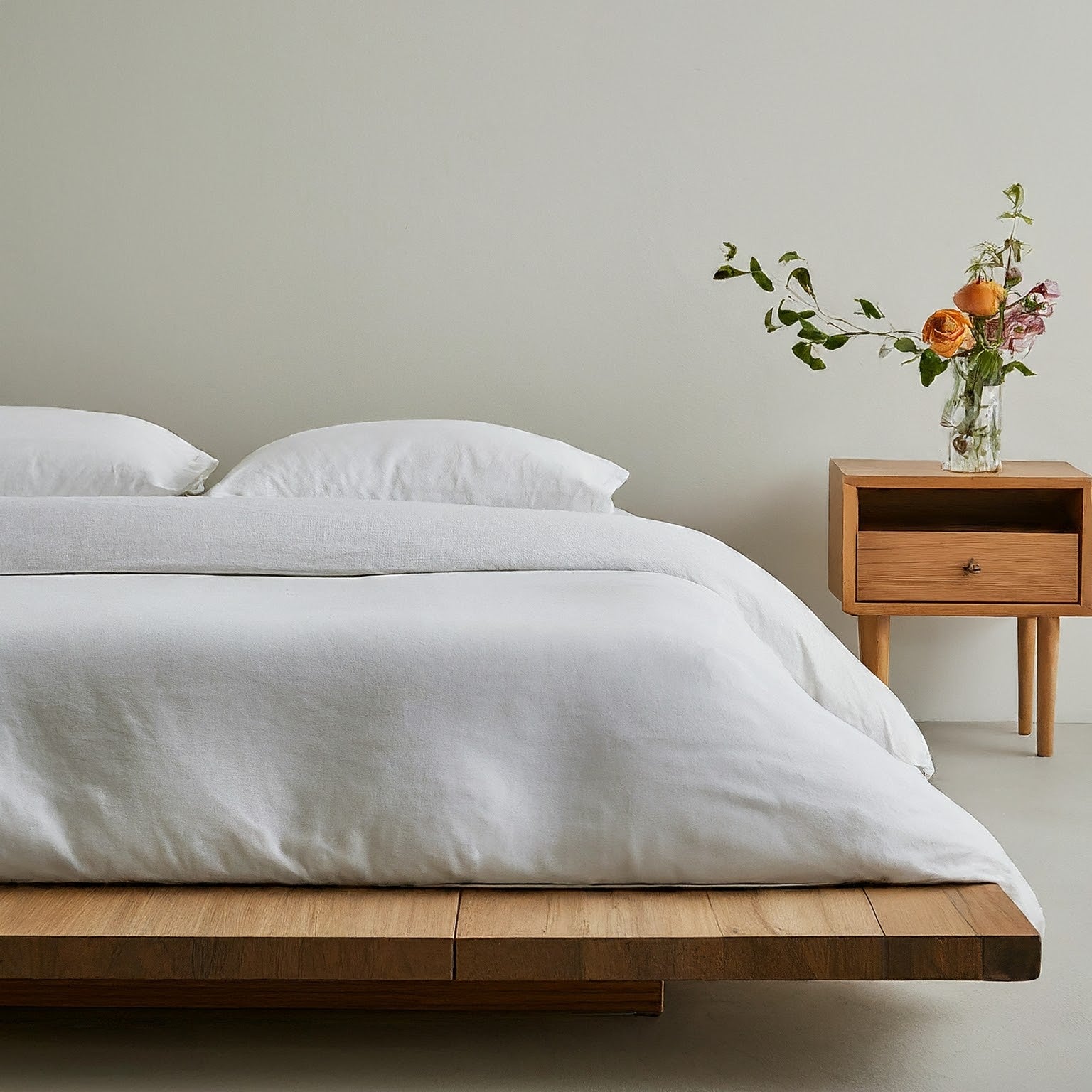For Faster Shipping use Amazon for delivery before Christmas
For Faster Shipping use Amazon for delivery before Christmas

Kava and Sleep Apnea: A Potential Treatment Option?
October 01, 2024 3 min read 1 Comment
Struggling with sleep apnea and tired of the usual treatments? Kava, the ancient Pacific Island beverage known for its relaxing effects, might offer a surprising solution. While research is still in its early stages, there's growing interest in kava's potential to alleviate sleep apnea symptoms and improve sleep quality. So, let's dive into the science behind kava and explore how it might help those battling sleep apnea.
Understanding Sleep Apnea
Sleep apnea is a common sleep disorder characterized by pauses in breathing during sleep. These pauses can last for a few seconds to a minute or more, leading to fragmented sleep, daytime fatigue, and an increased risk of serious health problems like heart disease and stroke.
Traditional treatments for sleep apnea include continuous positive airway pressure (CPAP) machines, oral appliances, and in severe cases, surgery. However, not everyone responds well to these treatments, and many people seek natural alternatives.
Kava's Potential for Sleep Apnea Relief
Kava's muscle-relaxing and sedative properties have led researchers to explore its potential benefits for sleep apnea. Some studies suggest that kava may help reduce muscle tension in the upper airway, a common contributor to sleep apnea. By relaxing these muscles, kava could potentially help keep the airway open during sleep, reducing the frequency and severity of apneic events.
Moreover, kava's calming effects could help reduce anxiety and stress, which are often associated with sleep apnea and can further worsen symptoms. By promoting relaxation and reducing anxiety, kava might indirectly improve sleep quality and reduce the impact of sleep apnea on daily life.
Preliminary Studies and Anecdotal Evidence
While research on kava for sleep apnea is still limited, some preliminary studies and anecdotal evidence suggest a potential benefit. A small pilot study found that kava extract improved subjective sleep quality and reduced snoring in individuals with mild to moderate sleep apnea.
Additionally, many people within the kava community have reported experiencing improved sleep and reduced snoring after incorporating kava into their routine. However, it's important to note that these are personal experiences and not conclusive scientific evidence.
Kava: Not a Replacement for Conventional Treatment
It's crucial to emphasize that kava should not be considered a replacement for conventional sleep apnea treatments like CPAP therapy. If you have sleep apnea, it's essential to consult with your doctor to determine the best course of treatment for your specific needs.
Kava could potentially be used as a complementary therapy alongside conventional treatments, but more research is needed to confirm its efficacy and safety for sleep apnea.
Cautions and Considerations
Before using kava for sleep apnea or any other health condition, it's crucial to consult with your doctor. Kava can interact with certain medications and may not be suitable for everyone. Additionally, choosing noble kava from reputable sources is essential to ensure safety and quality.
Kava: A Promising Avenue for Sleep Apnea Research
While the research on kava and sleep apnea is still in its early stages, it's a promising area of exploration. As more studies are conducted, we may gain a better understanding of kava's potential to help individuals with sleep apnea and improve their overall sleep quality.
In the meantime, if you're interested in exploring kava for sleep apnea, be sure to consult with your doctor and choose your kava products carefully. With further research, kava could potentially become a valuable tool in the arsenal of sleep apnea treatments.
#kavaculture #kavaceremony #kavabar #kavacommunity #kavakava #kavaforanxiety #kavasleep #kavaroot #kavain #sleeprelief
1 Response
Leave a comment
Disclaimer:
The views and opinions expressed in this blog post are those of the author and do not necessarily reflect the official policy or position of Wakacon Kava. Any content provided is for informational purposes only and is not intended as a substitute for professional advice. Wakacon Kava is not responsible for any errors or omissions, or for the results obtained from the use of this information. Readers are encouraged to do their own research and consult with qualified professionals before making any decisions based on the information provided in this blog.
Affiliate Disclosure:
This blog post may contain affiliate links, which means that Wakacon Kava may earn a commission if you click on a link and make a purchase. This comes at no additional cost to you.
Copyright Notice:
All content on this blog is the property of Wakacon Kava and is protected by copyright laws. You may not reproduce, distribute, or transmit any content from this blog without the express written consent of Wakacon Kava.

Wilson Cordero
September 25, 2025
I suffer from severe sleep apnea with 68 episodes every hour. I am looking for more information as far as fitting procedures and cost. I live in Vancleave MS. 39565